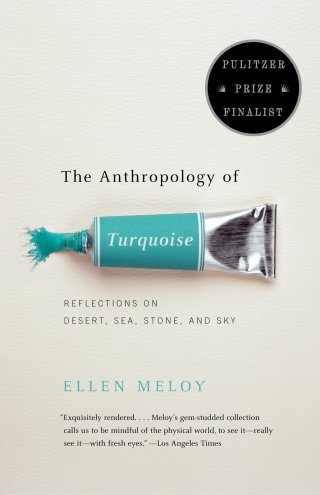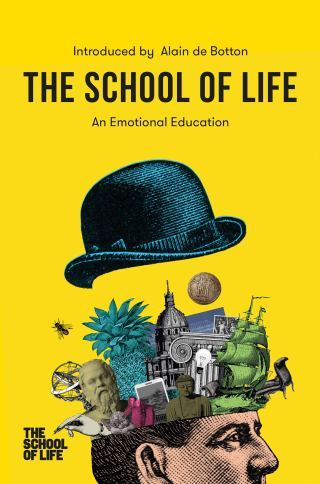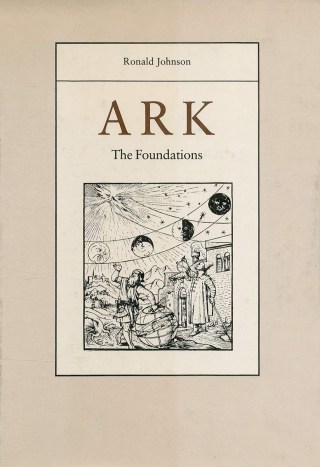Maria Popova's Blog, page 88
June 2, 2021
The Conscience of Color, from Chemistry to Culture
“The deep blue water of the open sea far from land is the color of emptiness and barrenness; the green water of the coastal areas, with all its varying hues, is the color of life,” Rachel Carson wrote as she illuminated the science and splendor of the marine spectrum, enriching the literary canon of history’s most beautiful meditations on t...
Alain de Botton’s Animated Field Guide to Surviving Heartbreak and Embracing Need as a Central Dignity of Relationships
All love is asymmetry. Since love is not a state but a skill to be mastered, not a noun but a verb, all loving is the skillful harmonizing of asymmetries across the scales of personhood and preference between those involved. Asymmetries — of taste and temperament, of habit and sensibility — are not evidence of incompatibility but a natural function of two separate consciousnesses, each with an incomple...
Alain de Botton’s Animated Field Guide to Getting Over Rejection
All love is asymmetry. Since love is not a state but a skill to be mastered, not a noun but a verb, all loving is the skillful harmonizing of asymmetries across the scales of personhood and preference between those involved. Asymmetries — of taste and temperament, of habit and sensibility — are not evidence of incompatibility but a natural function of two separate consciousnesses, each with an incomple...
May 30, 2021
Matter, Music, and the Mind
“A rough sound was polished until it became a smoother sound, which was polished until it became music,” Mark Strand wrote in his splendid poem “The Everyday Enchantment of Music,” touching on the materiality of that enchantment: Music is matter dancing in the mind.
Music has a profound spiritual power over us — an echo of what Aldous Huxley called “the blessedness that is at the heart of things.” But at the h...
Matter Delights in Music, and Became Bach
“A rough sound was polished until it became a smoother sound, which was polished until it became music,” Mark Strand wrote in his splendid poem “The Everyday Enchantment of Music,” touching on the materiality of that enchantment: Music is matter dancing in the mind.
Music has a profound spiritual power over us — an echo of what Aldous Huxley called “the blessedness that is at the heart of things.” But at the heart of the blessedness is a biological sym...
May 28, 2021
I Measure Every Grief I Meet: Emily Dickinson on Love and Loss
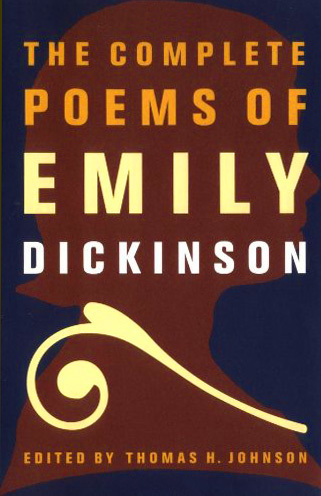 Grief is the shadow love casts in the light of loss. The grander the love, the vaster the shadow. So much of who we are — who we discover ourselves to be — takes shape in that umbral space as we fumble for some edge to hold onto, some point of light to orient by.
Grief is the shadow love casts in the light of loss. The grander the love, the vaster the shadow. So much of who we are — who we discover ourselves to be — takes shape in that umbral space as we fumble for some edge to hold onto, some point of light to orient by.
Because the price of living wholeheartedly (which is the only way worth living) is the heartbreak of many losses — the loss of love to dissolution, distance, or death; the loss of the body to g...
May 27, 2021
Citizen Science, the Cosmos, and the Meaning of Life: How the Comet That Might One Day Destroy Us Gives Us the Most Transcendent Celestial Spectacle
On July 13, 1862, while a young experiment in democracy was being ripped asunder by its first Civil War, The Springfield Republican reported a strange and wondrous celestial sighting in the undivided sky, as bright as Polaris. Within days, two astronomers — Lewis Swift and Horace Parnell Tuttle — independently observed the phenomenon and determined it to be a colossal comet. Com...
May 25, 2021
Thoreau on Nature and Human Nature, the Tonic of Wildness, and the Value of the Unexplored
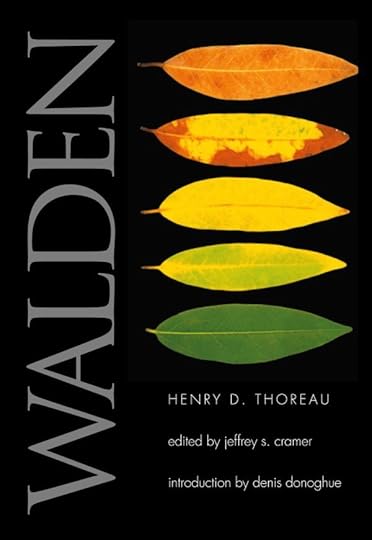 “We call it ‘Nature’; only reluctantly admitting ourselves to be ‘Nature’ too,” Denise Levertov wrote in her revelation of a poem “Sojourns in the Parallel World” a generation after history’s most poetic piece of legislature termed that parallel world “wilderness” and defined it as “an area where the earth and its community of life are untrammeled by man, where man*...
“We call it ‘Nature’; only reluctantly admitting ourselves to be ‘Nature’ too,” Denise Levertov wrote in her revelation of a poem “Sojourns in the Parallel World” a generation after history’s most poetic piece of legislature termed that parallel world “wilderness” and defined it as “an area where the earth and its community of life are untrammeled by man, where man*...
Nature and Human Nature: Thoreau on the Tonic of Wildness and the Value of the Unexplored
 “We call it ‘Nature’; only reluctantly admitting ourselves to be ‘Nature’ too,” Denise Levertov wrote in her revelation of a poem “Sojourns in the Parallel World” a generation after history’s most poetic piece of legislature termed that parallel world “wilderness” and defined it as “an area where the earth and its community of life are untrammeled by man, where man*...
“We call it ‘Nature’; only reluctantly admitting ourselves to be ‘Nature’ too,” Denise Levertov wrote in her revelation of a poem “Sojourns in the Parallel World” a generation after history’s most poetic piece of legislature termed that parallel world “wilderness” and defined it as “an area where the earth and its community of life are untrammeled by man, where man*...
May 20, 2021
The Secret of Happiness: Bronson Alcott on Gardening and Genius
“I had a pleasant time with my mind, for it was happy,” Louisa May Alcott wrote in her diary just after she turned eleven, a quarter century before Little Women bloomed from that uncommon mind — a mind whose pleasures and powers were nurtured by the profound love of nature her father wove into the philosophical and scie...

